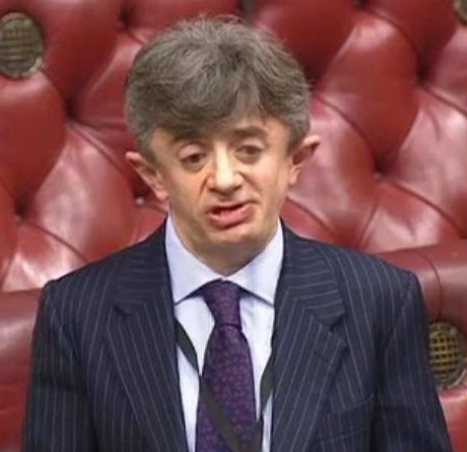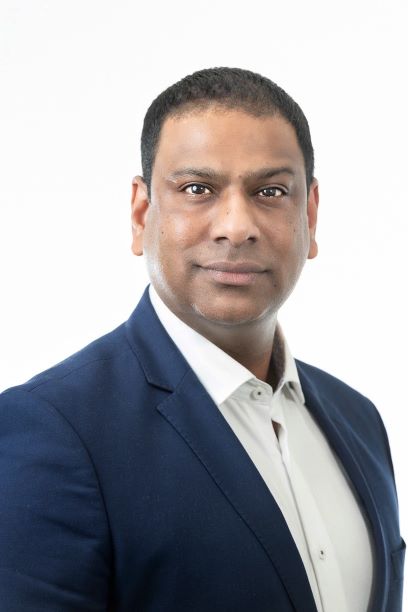In conversation with… Lord Shinkwin
This is the first in a series of conversations with LGBTQ+ allies on what allyship means to them. Our first discussion is with Lord Shinkwin.

Kevin Shinkwin is a Conservative member of the House of Lords. He was made a Life Peer in 2015, after a career in the charity sector, taking the title Lord Shinkwin. Since joining the House of Lords, he has used his position to champion disability equality issues.
He is currently chairing a Commission on Disability for the Centre for Social Justice thinktank.
REGISTER for our Allyship Training event – 13 May 2021, 5pm
Who are you and what do you do?
I’m Kevin Shinkwin. I’ve been a member of the House of Lords since November 2015. Before that I spent most of my career in charity sector campaigning for organisations like The Royal British Legion, Cancer Research UK and Macmillan Cancer Relief.
What does being an ally mean to you – how do you define it?
It means standing together against prejudice and discrimination and promoting equality so that everyone has the equal opportunity to be themselves, make their unique contribution and realise their potential, especially at work.
Why is it important to you to be an ally to LGBTQ+ people?
Prejudice may only be in a sneer or look, but it can still leave scars that last a lifetime. My disability has exposed me to a lot of hurtful attitudes and comments, especially at school, but it has also helped me to appreciate how important mutual respect, kindness and equality are.
What do you do to support LGBTQ+ people?
I speak in support of equality, whether in the Lords or beyond. For example, I recently spoke to Catholic students at Oxford and suggested our church needed to embrace equality, including of LGBTQ+ people. God has been so kind and gentle when my disability has taken me to hell and back – it almost killed me 20+ years ago – that I cannot conceive of Him as anything but an unbelievably loving supreme being. So I was shocked by the intransigent resistance of some of the students to my argument that the Church’s teaching should not conflate loving, committed LGBTQ+ relationships with hedonism.
I think the introduction of marriage and the ability of LGBTQ+ people to be more open in their relationships have proven how wrong such discriminatory preconceptions are. I asked the students what kind of message the Church is giving to young people who have enough mental health pressures to contend with as it is without legitimised ostracisation on account of their sexuality. The situation’s also sad for the Church because it’s forcing young people, in particular, to choose between a wonderful God and friends whom they rightly love and respect. It’s a false, unnecessary and damaging choice.
How has the inclusion of LGBTQ+ people changed since you started working?
The change has been remarkable. Of course, there remains more to be done, but I view the progress achieved by LGBTQ+ people as the benchmark against which to measure progress towards disability equality. A colleague and I recently commissioned a poll by Savanta ComRes* which showed that only 50% of non-disabled people say that attitudes towards disabled people have got better in the last 25 years. It’s frightening, but it’s true. The equal marriage referendums in Australia and the Republic of Ireland show that we are light years behind the LGBTQ+ movement.
What more could LGBTQ+ people do to be an ally to you?
Help us catch up! Some in Government will do their best to divide and rule and insist that disability’s different – subtext: ‘disabled people are less equal’. We mustn’t let them. Such a hierarchical approach not only ignores inter-sectionality; it also weakens the very concept of equality itself. Having LGBTQ+ people make this point to politicians – when, for example, we push for amendments to the Employment Bill to extend mandatory pay gap reporting beyond just gender to other protected characteristics – would be fantastic.

